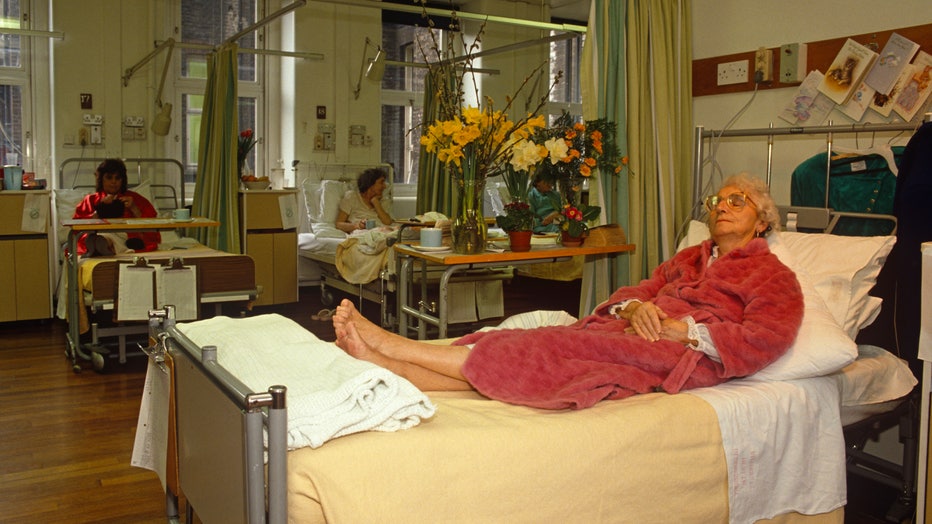Study links nightmares in middle-aged people to higher risk of dementia
A new study suggests frequent nightmares could be an early sign of dementia — even when they’re occurring decades before the disease sets in.
The study, published in The Lancet journal eClinicalMedicine by researchers at the University of Birmingham in the United Kingdom, looked at data from more than 600 adults in the U.S. between 35 and 64 years old and 2,600 adults aged 79 and older. The study collected data between 2002 and 2012.
"We’ve demonstrated for the first time that distressing dreams, or nightmares, can be linked to dementia risk and cognitive decline among healthy adults in the general population," Dr Abidemi Otaiku, of the University of Birmingham’s Centre for Human Brain Health, said in a news release.
"This is important because there are very few risk indicators for dementia that can be identified as early as middle age. While more work needs to be done to confirm these links, we believe bad dreams could be a useful way to identify individuals at high risk of developing dementia, and put in place strategies to slow down the onset of disease."
READ MORE: Gas stoves linked to childhood asthma, other health risks in adults, research shows

(Photo by In Pictures Ltd./Corbis via Getty Images)
Researchers said middle-aged people who had bad dreams at least once a week were four times more likely to show cognitive decline over the next 10 years. People 79 and older who had bad dreams weekly were twice as likely, researchers said.
"Interestingly, the study found that the associations were much stronger for men than for women," researchers said.
Older men who had nightmares at least once a week were five times more likely to develop dementia than older men reporting no bad dreams. In women, the increased risk was 41%.
Next, researchers will look at whether nightmares in young people could be linked to a higher risk of dementia in the future — and whether other dream characteristics, like how often we remember them or how vivid they are — could play a role in dementia risks.
Researchers said they’ll also use brain imaging to investigate when and why bad dreams occur in both healthy people and those with dementia.


